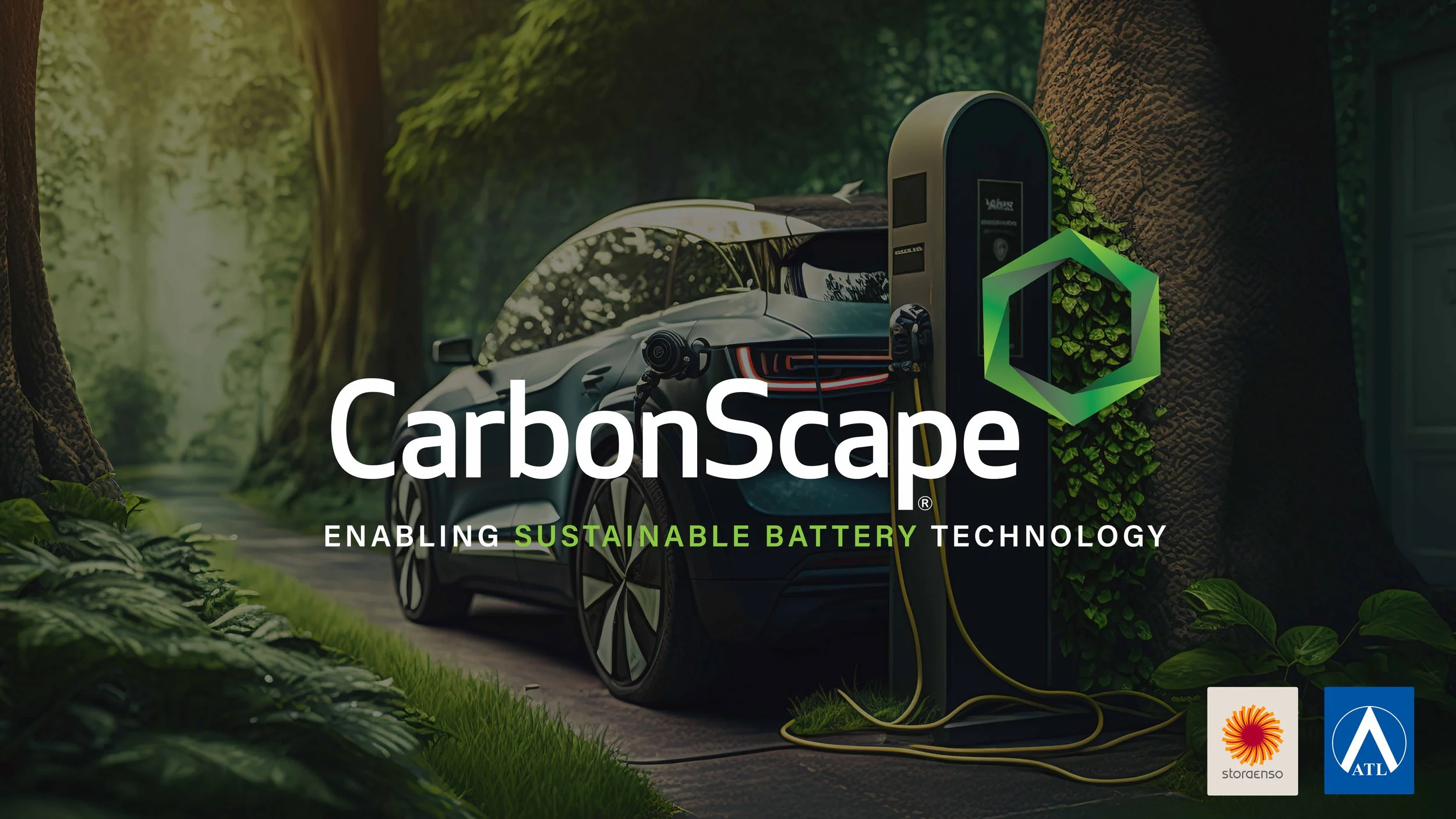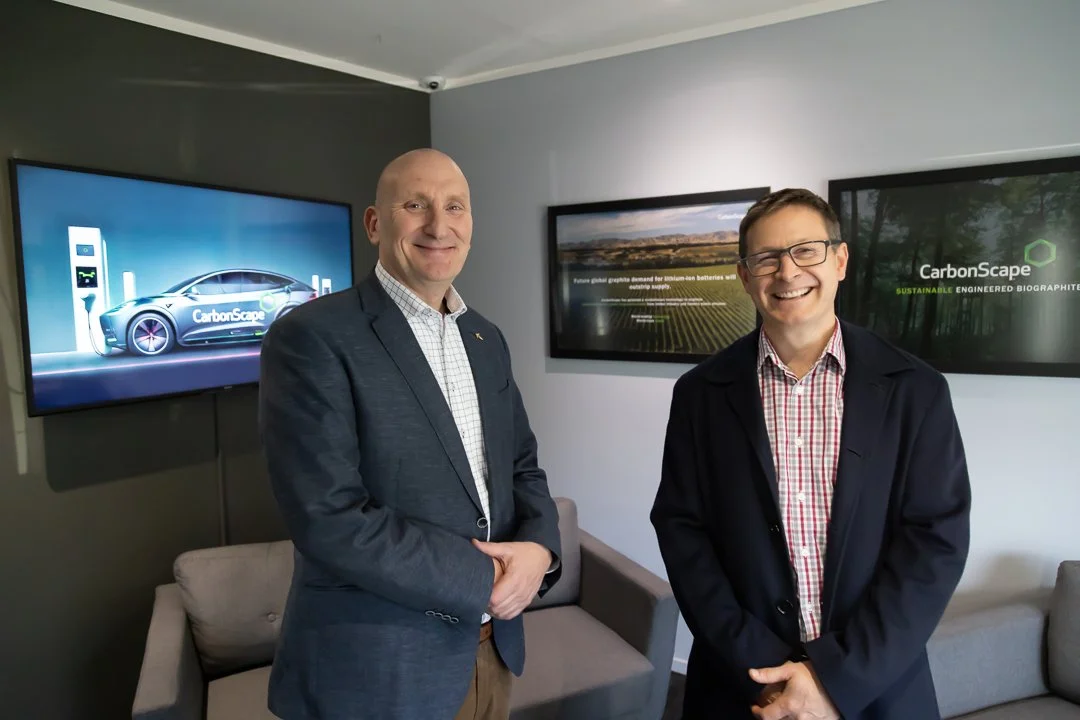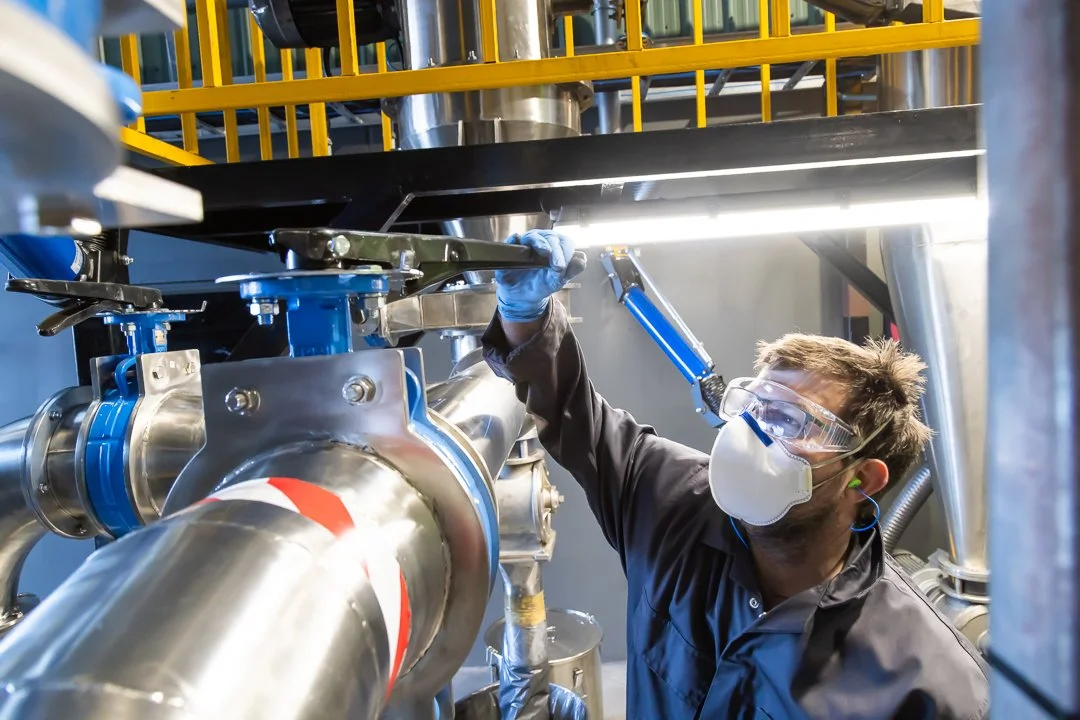Press release: Carbon-negative biographite addresses raw material scarcity for EV and grid-scale batteries
Commercialisation of biographite planned in Europe and the US as CarbonScape announces USD18m investment.
New Zealand-based battery material innovator CarbonScape to commercialise production of biographite in Europe and the US, enabling cleaner lithium-ion batteries for EVs and grid-scale energy storage.
Graphite is up to 50% of the weight of a lithium-ion battery, yet expected global demand far outstrips supply, with a forecast deficit of 777,000 tonnes per annum by 2030.
Biographite, produced from forestry and timber industry by-products, is a sustainable alternative for battery supply chains currently dependent on petroleum-based or mined graphite.
Biographite, produced locally, provides security of supply for European and US based battery manufacturers in the face of increasing supply chain instability, while also on-shoring production of a critical material to meet rapidly growing demand.
Investment round led by Stora Enso Oyj, joined by Amperex Technology Ltd (ATL) and other partners, bringing expertise from all sides of the supply chain to accelerate growth and speed to market.
19 September, London, CarbonScape, the first-to-market producer of biographite - a carbon-negative alternative to the critical material for lithium-ion batteries - today announces new investment of USD 18m led by Stora Enso, and joined by ATL and other strategic partners. The investment will support the commercialisation of biographite, and further plans to establish production in Europe and the US.
Biographite will provide a much-needed alternative for EV and grid-scale battery supply chains, by sustainably creating a critical raw material that currently depends on costly and high-emission production processes. CarbonScape’s patented process is the result of seven years of development and testing and uses timber and forestry industry by-products, such as wood chips. It is a sustainable alternative to synthetic (petroleum based) and natural (mined) graphite, the raw material which fills the largest portion of a lithium-ion battery. The result is a cleaner, competitive and more secure raw material for the global market.
Graphite deficit threatens global battery market growth
Graphite makes up to 50 per cent of the weight of a lithium-ion battery and, as a result, is an essential element in the shift to clean energy and transport, with over half of global demand for graphite now coming from the battery sector. Graphite production is also one of the largest CO2 emitters in the battery raw materials supply chain and represents a significant proportion of the cost of a battery. Adding to the problem, today’s battery supply chains are long and complicated, with petroleum-based and mined materials crossing the globe from source, through processing to battery assembly, to reach end consumers.
With countries increasingly competing for raw materials, securing supplies of graphite is key to ramping up production of EVs and renewable energy systems - as reflected in the recent EU Critical Raw Materials Act and US Final Critical Materials List. Recent analysis predicts a global supply deficit of 777,000 tonnes by 2030, with EV sales alone due to more than triple by this date.
Ivan Williams, CEO of CarbonScape, said:
“CarbonScape’s biographite enables the establishment of localised battery supply chains from the ground up. If we are to truly move away from fossil carbon and power our economies through mass electrification, we urgently need sustainable alternatives like biographite to scale quickly.”
“This investment represents a strong statement of support for sustainable sourcing of battery materials for global decarbonisation. With these partnerships, CarbonScape is another step closer to bringing biographite to market on a commercial scale.”
A carbon negative solution to scale domestic battery production
Biographite has a carbon negative footprint, saving up to 30 tonnes of CO2 emissions per tonne of material compared to synthetic or mined graphite. Using biographite will enable battery manufacturers to cut the carbon footprint of each battery by almost a third (30 per cent), potentially reducing sector emissions by more than 86 million tonnes of CO2 per year by 2030.
To meet the demand for batteries with synthetic graphite would require more than tripling existing production capacity, using fossil fuel feedstocks and high-emission processes. To use mined graphite would require almost 100 new mines, each taking around 10 years or more to come online and costing hundreds of millions of dollars, with enormous social and environmental costs.
By contrast, using less than five per cent of the forestry industry by-products generated annually in Europe and North America, CarbonScape’s cleaner, faster process could produce enough biographite to meet half the total global projected graphite demand for EV and grid-scale batteries by 2030.
Crucially, biographite production can be localised to EV and battery manufacturing hubs, vertically-integrating domestic and regional supply chains. This reduces geopolitical risk as countries compete for minerals and as mineral producers seek a greater share of the value, as seen recently in Chile, which plans to nationalise the lithium industry, and in Indonesia, which has banned exports of nickel ore in an attempt to build domestic industry.
Commercialising biographite production
The new investment will support CarbonScape to scale the business and further develop plans for production facilities in Europe and the US. The strategic partnerships with investors Stora Enso, a leading provider of renewable products in biomaterials, packaging, and wooden construction and one of the largest private forest owners in the world; and ATL, a global lithium-ion battery innovator, will bring expertise from all sides of the supply chain, significantly accelerating the company’s growth and biographite’s speed to market.
Juuso Konttinen, Senior Vice President, Biomaterials Growth Businesses at Stora Enso, said:
“Partnering with CarbonScape marks another step on our journey to serve the fast-growing battery market with sustainable, local materials made from trees. With this partnership, we are exploring a sustainable alternative for critical battery materials, creating a positive impact on society.”
Joe Kit Chu Lam, ATL Executive Vice President, said:
“As a premier global innovative technology corporation, our central vision is to contribute to the green energy revolution for the future.”
“Demand for low cost and low emission solutions is increasing and it is our objective to ensure we remain a leader in the market by adopting innovative solutions. Our partnership with CarbonScape allows us to continue to create the technology of the future and brings us one step closer to a net zero economy.”
New Zealand-based deep tech biomaterials company CarbonScape began development of biographite in 2016, with an aim to replace fossil carbons with a sustainable alternative. Its pilot facility in Marlborough produces biographite for customer testing and validation, while providing the necessary scale-up data for global commercialisation.
About Stora Enso
Part of the global bioeconomy, Stora Enso is a leading provider of renewable products in packaging, biomaterials and wooden construction, and one of the largest private forest owners in the world. It believes that everything that is made from fossil-based materials today can be made from a tree tomorrow. Stora Enso has approximately 21,000 employees and sales in 2022 were EUR 11.7 billion. Stora Enso shares are listed on Nasdaq Helsinki Oy (STEAV, STERV) and Nasdaq Stockholm AB (STE A, STE R). In addition, the shares are traded in the USA as ADRs (SEOAY).
About ATL
Amperex Technology Limited (ATL) is a global lithium-ion battery producer and innovator. Headquartered in Hong Kong, it provides high quality rechargeable lithium-ion battery cells, packs and system integration solutions, providing services and products across the consumer electronics industry. It is committed to innovating to power our lives.






